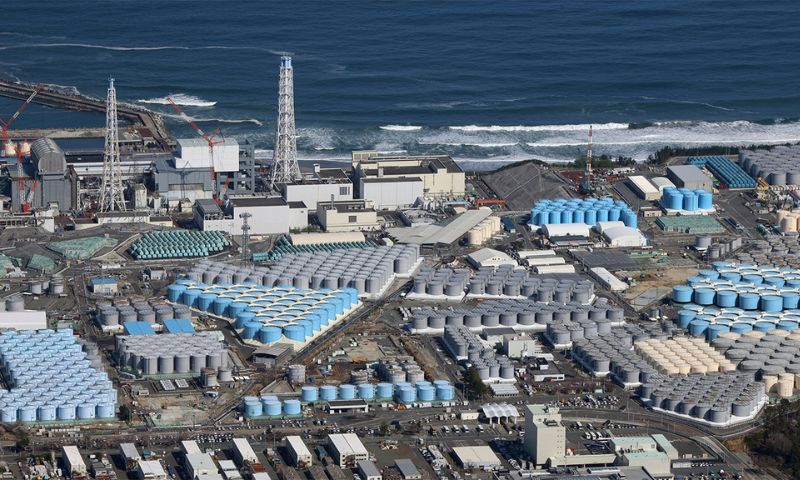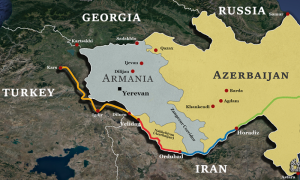WELLINGTON: Scientists have warned that releasing treated nuclear wastewater from Japan’s damaged Fukushima power plant into the Pacific Ocean, as planned, could produce cancers after it reaches the high seas.
The warning comes amid Japan’s plans to release treated nuclear wastewater from the damaged Fukushima Daiichi nuclear power plant into the Pacific Ocean. Jamie Quinton, head of School of Natural Sciences in New Zealand’s Massey University, said that radioactive isotopes of concern, iodine-131 and caesium-137, were present in the original unprocessed wastewater. He added that the isotopes are used in nuclear medicine radiotherapy meaning they have sufficient energy to cause cell death and mutation.
“In other words, they can produce cancers,” he said.
International law expert Duncan Currie told Xinhua that treating wastewater using Advanced Liquid Processing System (ALPS) at best does not remove tritium, while there is next to no scientific information about the effects of radioactive isotope on the marine environment, including on different species.
Currie said that the planned target in the treatment of Fukushima nuclear wastewater is to only other radioactive isotopes to “regulatory,” rather than detectable, levels. Tests of ALPS treatment systems were not encouraging, he added.
Threats to marine life
There were also several other radioactive products in the unprocessed water that are harmful to live species and ecosystems. More of these radioactive products accumulate in the bodies of organisms as they consume other organisms. As the former can end up in humans. So these radioactive elements must stay out of natural ecosystems as much as possible, particularly the ocean, Quinton added.
David Krofcheck, senior Physics lecturer at the University of Auckland, agreed by saying the indiscriminate release of nuclear fission products into the ocean is dangerous as the products can find their way into the food chain.
“Once they enter the food chain the long-lived nuclear fission heavy nuclei like strontium-90, cesium-137, and iodine-131 tend to concentrate in human bones, muscles and thyroid, respectively. causing cancers,” Krofcheck said.
An independent panel of global nuclear experts are currently supporting Pacific Islands Forum nations in their consultations with Japan over the country’s plans to discharge treated nuclear wastewater into the Pacific.
Quinton noted that if the wastewater is released into the ocean, it would be of particular importance to Japan’s aquaculture-based industries to “get the process correct and within regulations”.
It is in the interest of Japan’s economy to ensure that waterways stay below internationally acceptable criteria for background radiation so that food safety is maintained, and their capacity for international trade is not affected, he said.
—Xinhua/APP

























